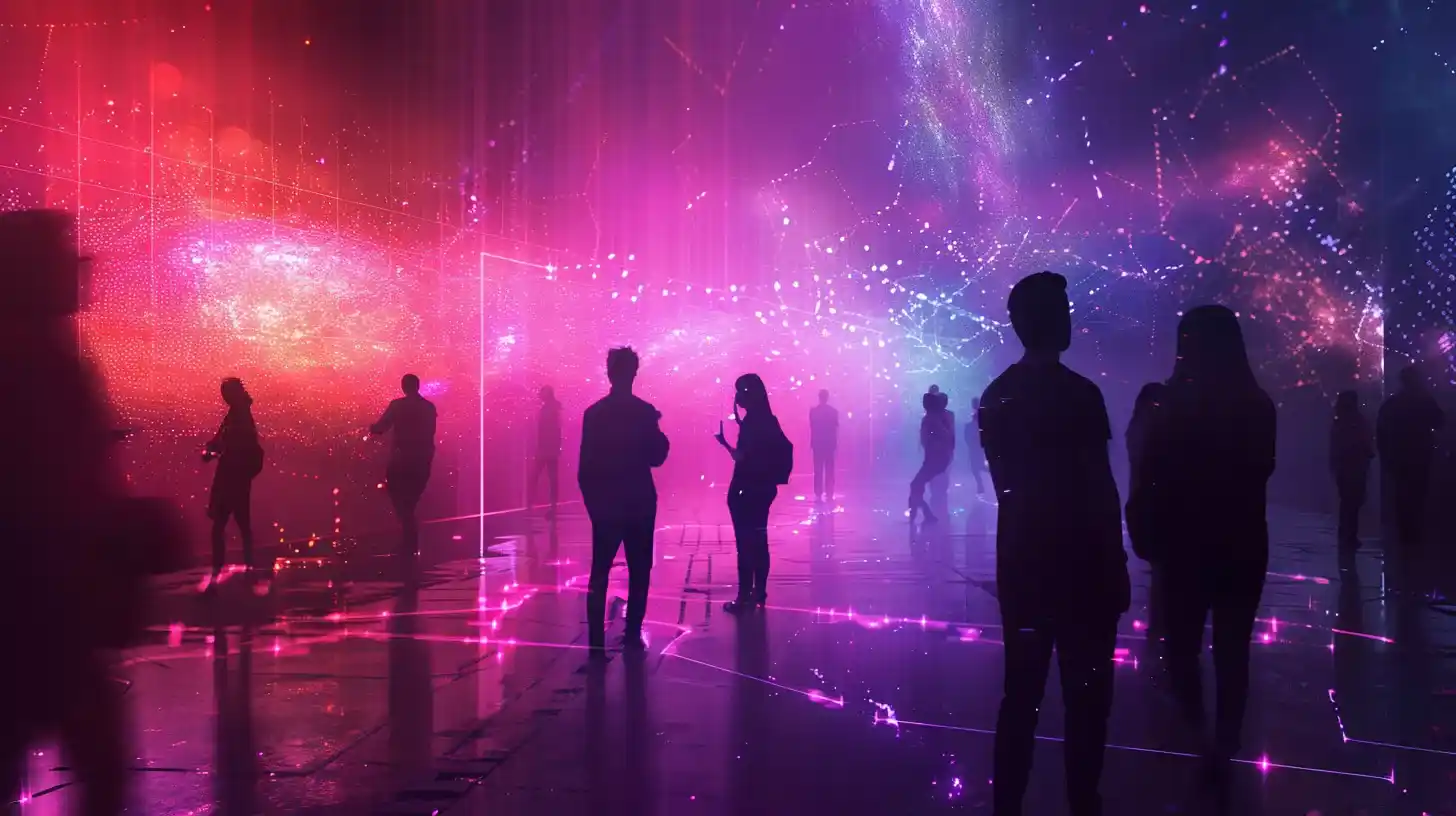Table of Contents
The digital horizon is ablaze with the latest advancements as key players in the artificial intelligence sector, including OpenAI, Google, and the emerging French AI startup Mistral, unveil their newest AI frontier models. This development occurred in a remarkably tight timeframe, spanning just 12 hours, setting the stage for an electrifying summer filled with technological breakthroughs.
Leading AI Frontier Models Set the Stage for a Technological Leap
In an industry bracing for the anticipated introduction of the next iteration of GPT, the foundational system behind OpenAI’s celebrated chatbot, Chat-GPT, this sequence of releases is a testament to the sector’s dynamism and rapid evolution. The momentum was kickstarted shortly after Nick Clegg, a prominent figure, graced the stage at a London event, confirming the impending launch of Meta’s third AI model version, Llama, in the upcoming weeks.

Google’s response to this announcement was swift, with the release of Gemini Pro 1.5, its most sophisticated large language model to date, available to the general public. This release introduced a generous offer, a free tier allowing up to 50 daily requests, a mere seven hours following Clegg’s departure from the limelight.
Not to be outdone, AI Frontier Models OpenAI introduced its frontier model, GPT-4 Turbo, an hour later. Both GPT-4 Turbo and Google’s Gemini Pro 1.5 are classified as “multimodal” systems, boasting the capability to process inputs beyond text, including images, and in the case of Gemini, audio and video inputs as well.
The unveiling spree continued into the early morning hours in France with Mistral, an AI Frontier Models startup with roots in Meta’s AI team, releasing its own model, Mixtral 8x22B. Distinct from its American counterparts, Mistral adopted an open-source approach, offering its model through a straightforward download link, a massive 281GB file.
This strategy, championed by both Mistral and Meta, is aimed at democratizing AI development by making these powerful systems freely available for modification and enhancement. However, this approach has not been without its detractors, who caution against the potential risks associated with unrestricted access, including misuse and the inability to retract or modify the models in response to detected vulnerabilities or biases.
Balancing AI Innovation with Critical Insight
Amid this flurry of activity, anticipation builds for Meta’s Llama 3, which is expected to roll out in its less potent forms initially, with plans to introduce its most advanced model later this summer. This phased approach was detailed in a report from The Information, hinting at a competitive landscape as OpenAI also gears up for the release of its next GPT version, GPT-5, within a similar timeframe.
Yet, as the industry advances, there are voices of caution among the excitement. Notably, Yann LeCun, Meta’s chief AI scientist, expressed skepticism regarding the current trajectory toward artificial general intelligence (AGI), challenging the notion that such a breakthrough is imminent.

According to LeCun, despite the impressive feats of current AI Frontier Models, including passing bar exams, they fall short of performing simple physical tasks, such as tidying a dinner table. This gap underscores a critical distinction between manipulating language and possessing a genuine understanding of the world.
LeCun advocates for a shift towards “objective-driven” AI Frontier Models emphasizing the development of systems capable of reasoning and planning, which he believes could herald the arrival of AI with superhuman abilities. While acknowledging the visionary nature of this goal, he remains optimistic, citing the rapid progress being made in this direction.
The Evolving Landscape of AI Innovation
As the AI Frontier Models expand, these developments underscore the sector’s vibrant innovation and the ongoing debate about the future direction of AI research. With the release of new models from OpenAI, Google, and Mistral, the industry is at a crossroads, poised between further refining current technologies and pushing the boundaries toward achieving systems with broader cognitive abilities.
This dynamic interplay of innovation, competition, and philosophical reflection shapes the evolving landscape of artificial intelligence, promising to redefine our understanding of what machines can achieve.